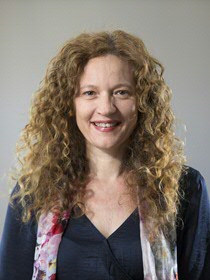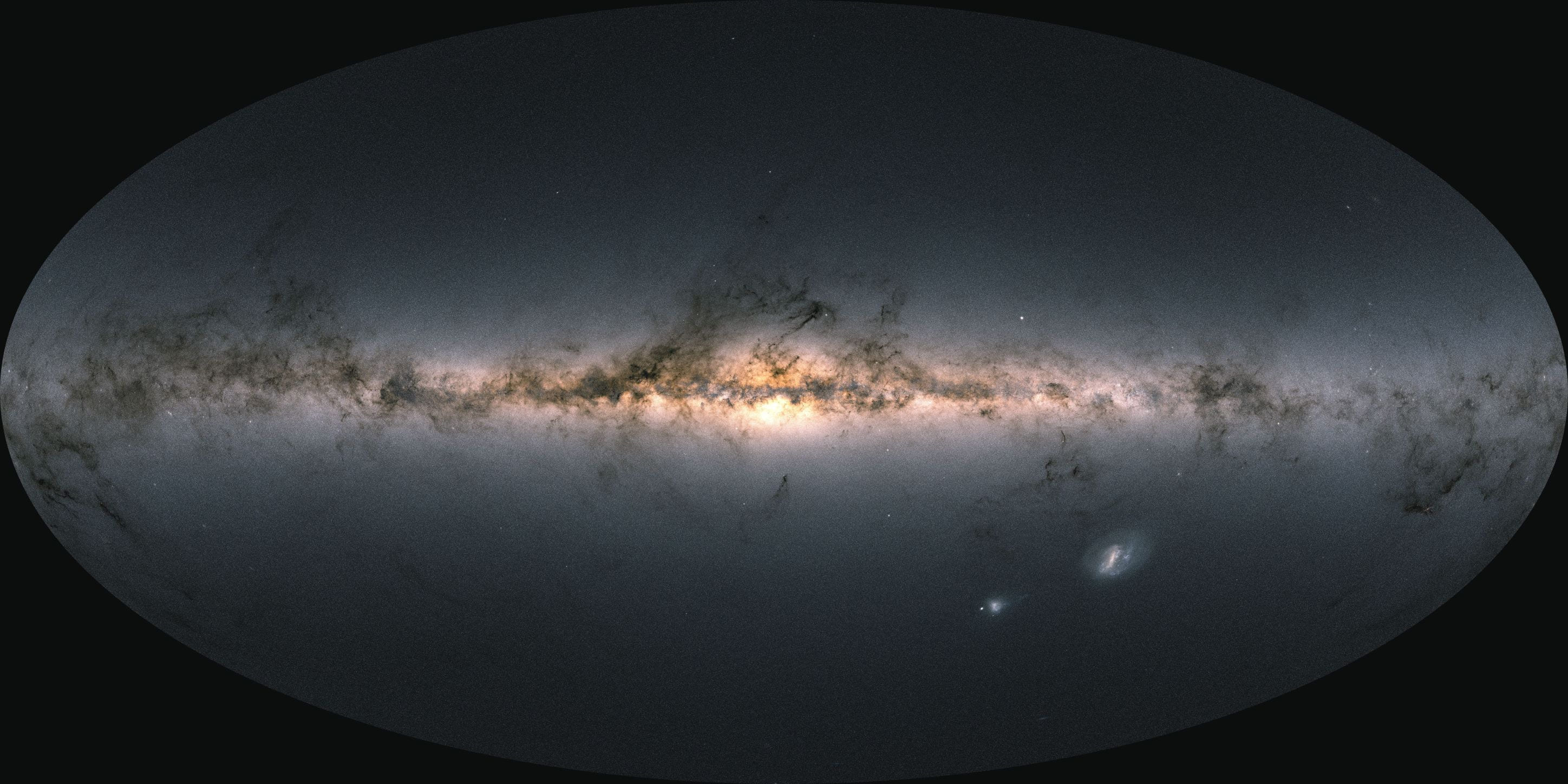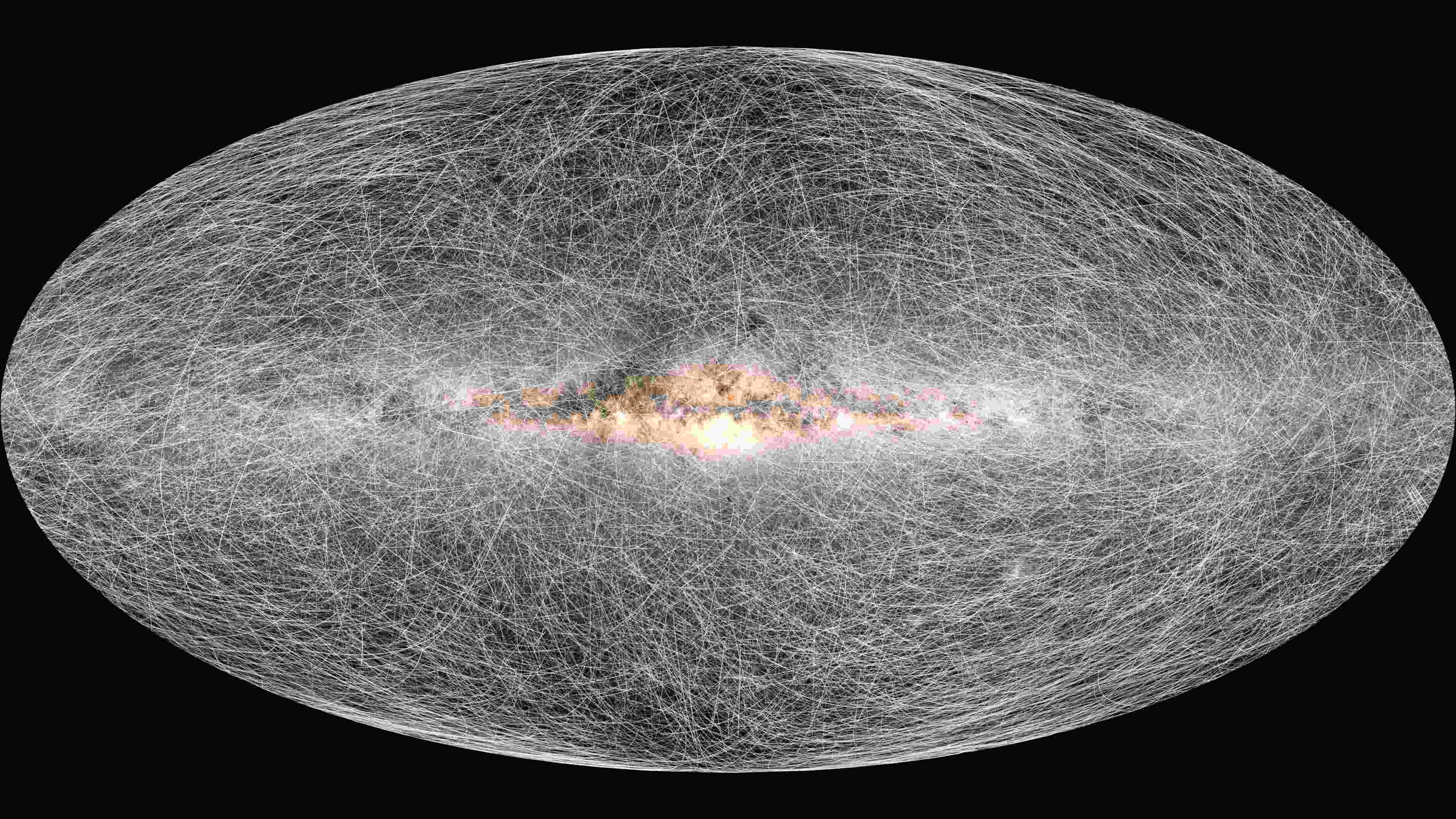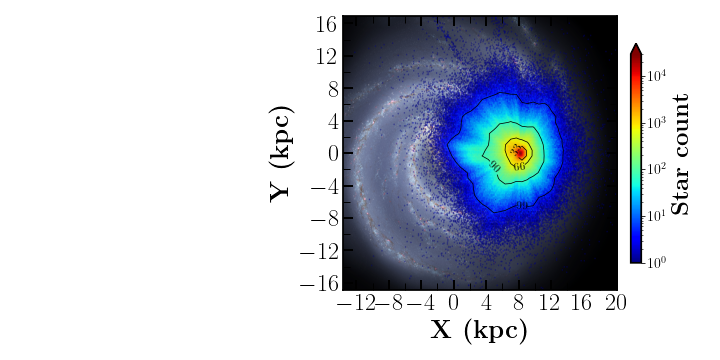Amina Helmi and her team involved again in most recent Data Release from Gaia-mission
The European Space Agency (ESA) published the third data release of the Gaia mission today. The Gaia satellite creates the most accurate and complete multidimensional map of the Milky Way and with today’s release, the data will be made publicly available to everyone. Amina Helmi, professor at the Kapteyn Astronomical Institute and scientific director of NOVA, has thoroughly inspected the data over the past year with sophisticated statistical techniques to validate its quality for scientific use.
The third and newest dataset from the Gaia mission contains new and improved details of nearly two billion objects in our galaxy. With data from the Gaia mission, astronomers from around the world can reconstruct the past and future evolution of our own galaxy over billions of years and better understand the life cycle of stars and our place in the universe.

Helmi long involved with Gaia
Helmi has been involved with Gaia for about twenty years. She contributed to the design of the mission before it was approved by the ESA in 2000 and then continued to be involved in the construction of the satellite, which was finally launched in 2013. Now, together with a few other astronomers, she has the unique position of being able to check the dataset for quality before it was published worldwide.
Research Helmi
Helmi conducts research on how the Milky Way got its current shape. From the orbits of stars, she can deduce where they come from and which stars come from the same 'nursery room'. Stars, according to astronomers, form in groups from gigantic dust clouds, and some of the oldest stars were likely born elsewhere, in other galaxies. Helmi has already won many prizes, including the prestigious Spinoza Prize in 2019.
Previous news about Helmi and Gaia's datasets:
- Trolley dash through the galaxy
- Astronomers drool at new map of Milky Way
- New data release sparks astronomy revolution



More news
-
29 January 2026
Microplastic research - media hype or real danger?
-
27 January 2026
ERC Proof of Concept grant for Maria Loi
